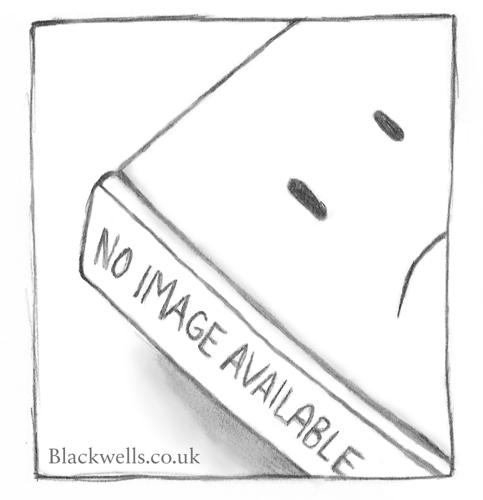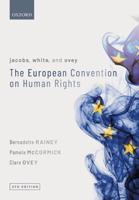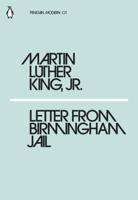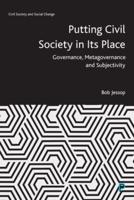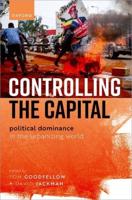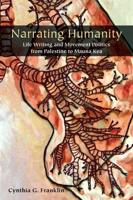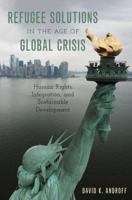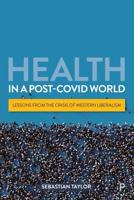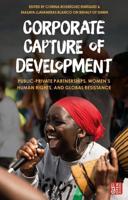Publisher's Synopsis
This is the 2018 report on Human Rights by the U.S. Department of State published on March 13, 2019.Moldova is a republic with a form of parliamentary democracy. The constitution provides for a multiparty democracy with legislative and executive branches as well as an independent judiciary and a clear separation of powers. Legislative authority is vested in the unicameral parliament. The 2014 parliamentary elections met most Organization for Security and Cooperation in Europe (OSCE), Council of Europe, and other international commitments, although local and international observers raised concerns about the inclusion and exclusion of specific political parties. The significant number of parliamentarians switching parties in 2017 amid allegations of political pressure and bribery significantly reshaped parliament's structure and the parliamentary majority. Two rounds of presidential elections in 2016 resulted in the election of Igor Dodon. According to the OSCE election observation mission, both rounds were competitive and respected fundamental freedoms. International and domestic observers, however, noted polarized and unbalanced media coverage, harsh and intolerant rhetoric, lack of transparency in campaign financing, and instances of abuse of administrative resources.Civilian authorities maintained effective control over the security forces.Human rights issues included torture at prisons and psycho-neurological institutions; harsh prison conditions; arbitrary arrest or detention by authorities; restrictions on freedom of the media; refoulement of political asylum seekers to a country where they had a well-founded fear of persecution; high-level corruption; cases of forced abortion; rape and other violence against persons with disabilities in state institutions.
